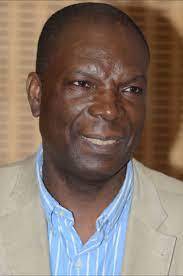Originally from Cameroon, he holds a doctorate in psychology from the University of Paris X-Nanterre. He heads the association of African psychologists "Afrique Conseil" based in Paris.
Psychotherapy for African migrants in France
“The African Child and His Worlds” published by Karthala.
Are there psychological disorders specific to migrants? If so, do African migrants have them? Should they be offered special care? To answer these questions, we will start from studies conducted on the adaptation processes of people in migration situations in general and, secondly, we will examine African specificities, if any.
It would be pretentious to speak of a psychology of migrants, especially since there is no such thing as a typical migrant. However, many studies have been conducted on individuals or groups in migration situations. Anglo-Saxon researchers have focused on group strategies, while French-speaking researchers have insisted on individual strategies. Regarding migrants, it Also called non-dominant groups, Canadian researcher John Berry mentions four forms of reactions. He speaks of assimilation when migrants do not want to preserve their cultural identity and seek contact with other cultures. On the other hand, if they avoid this contact, he speaks of separation. Similarly, when these migrants want to preserve their culture of origin while having interactive relationships with other groups, we are, he says, in integration strategies. Finally, when migrants have very few possibilities or interests to maintain their culture and to maintain relations with other groups, he speaks of marginalization.
However, migrants, as non-dominant groups, do not always have the freedom to choose their strategies; everything depends on the policy adopted by the host countries on the one hand, but also on the conditions in the country of origin which motivated the departure...
"We are not going to repeat in Africa what was a failure in the West."


